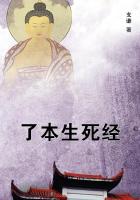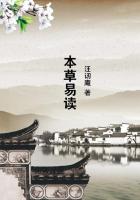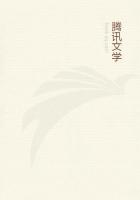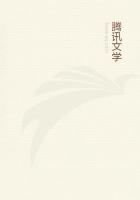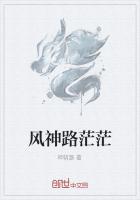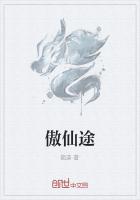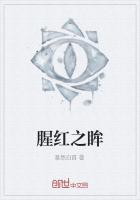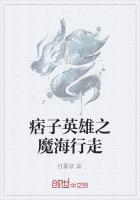"Honour widows that are widows indeed."--Paul.
We know next to nothing of Christiana till after she is a widow indeed. The names of her parents, and what kind of parents they were, the schools and the boarding-schools to which they sent their daughter, her school companions, the books she read, if she ever read any books at all, the amusements she was indulged in and indulged herself in--on all that her otherwise full and minute biographer is wholly silent. He does not go back beyond her married life; he does not even go back to the beginning of that.
The only thing we are sure of about Christiana's early days is that she was an utterly ungodly woman and that she married an utterly ungodly man. "Have you a family? Are you a married man?" asked Charity of Christian in the House Beautiful. "I have a wife and four small children," he replied. "And why did you not bring them along with you?" Then Christian wept, and said: "Oh, how willingly would I have done it; but they were all utterly averse to my going on pilgrimage." "But you should have talked to them,"
said Charity, "and have endeavoured to have shown them the danger of being behind." "So I did," answered Christian. "And did you pray to God that He would bless your counsel to them?" "Yes, and with much affection; for you must think that my wife and poor children were very dear unto me." "But what could they say for themselves why they came not?" "Why, my wife was afraid of losing the world, and my children were given over to the foolish delights of youth; so what with one thing and what with another, they left me to wander in this manner alone."
But what her husband's conversion, good example, and most earnest entreaties could not all do for his worldly wife, that his sudden death speedily did. And thus it is that both Christiana's best life, all our interest in her, and all our information about her, dates, sad to say, not from her espousal, nor from her marriage day, nor from any part of her married life, but from her husband's death. Her maidenhood has no interest for us; all our interest is fixed on her widowhood. This work of fiction now in our hands begins where all other works of fiction end; for in the life of religion, you must know, our best is always before us. Well, scarcely was her husband dead when Christiana began to accuse herself of having killed him. To take her own bitter words for it, the most agonising and remorseful thoughts about her conduct to her husband stung her heart like so many wasps. Ah yes! A wasp's sting is but a blade of innocent grass compared with the thoughts that have stung us all as we recalled what we said and did to those who are now no more. There are graves in the churchyard we dare not go near. "I have sinned away your father!" she cried, as she threw herself on the earth at the feet of her astounded children.
"I have sinned away your father and he is gone!" And yet there was no mark of a bullet and no gash of a knife on his dead body, and no chemistry could have extracted one grain of arsenic or of strychnine out of his blood. But there are many ways of taking a man's life besides those of poison or a knife or a gunshot.
Constant fault-finding, constant correction and studied contempt before strangers, total want of sympathy and encouragement, gloomy looks, rough remarks, all blame and never a word of praise, things like these between man and wife will kill as silently and as surely as poison or suffocation. Look at home, my brethren, and ask yourselves what you will think of much of your present conduct when it has borne its proper fruit. "Upon this came into her mind by swarms all her unkind, unnatural, and ungodly carriages to her dear friend, which also clogged her conscience and did load her with guilt. It all returned upon her like a flash of lightning, and rent the caul of her heart asunder." "That which troubleth me most," she would cry out, "is my churlish carriages to him when he was under distress. I am that woman," she would cry out and would not be appeased--"I am that woman that was so hardhearted as to slight my husband's troubles, and that left him to go on his journey alone. How like a churl I carried myself to him in all that! And so guilt took hold of my mind," she said to the Interpreter, "and would have drawn me to the pond!"
A minister's widow once told me that she had gone home after hearing a sermon of mine on the text, "What profit is there in my blood?" and had destroyed a paper of poison she had purchased in her despair on the previous Saturday night. It was not a sermon from her unconscious minister, but it was far better; it was a conversation that Christiana held with her four boys that fairly and for ever put all thought of the pond out of their mother's remorseful mind. "So Christiana," as we read in the opening of her history--"so Christiana called her sons together and began thus to address herself unto them: My sons, I have, as you may perceive, been of late under much exercise in my soul about the death of your father. My carriages to your father in his distress are a great load on my conscience. Come, my children, let us pack up and be gone to the gate, that we may see your father and be with him, according to the laws of that land." I like that passage, I think, the best in all Christiana's delightful history--that passage which begins with these words: "So she called her children together."
For when she called her children together she opened to them both her heart and her conscience; and from that day there was but one heart and one conscience in all that happy house. I was walking alone on a country road the other day, and as I was walking I was thinking about my pastoral work and about my people and their children, when all at once I met one of my people. My second sentence to him was: "This very moment I was thinking about your sons. How are they getting on?" He quite well understood me. He knew that I was not indifferent as to how they were getting on in business, but he knew that I was alluding more to the life of godliness and virtue in their hearts and in their characters. "O

